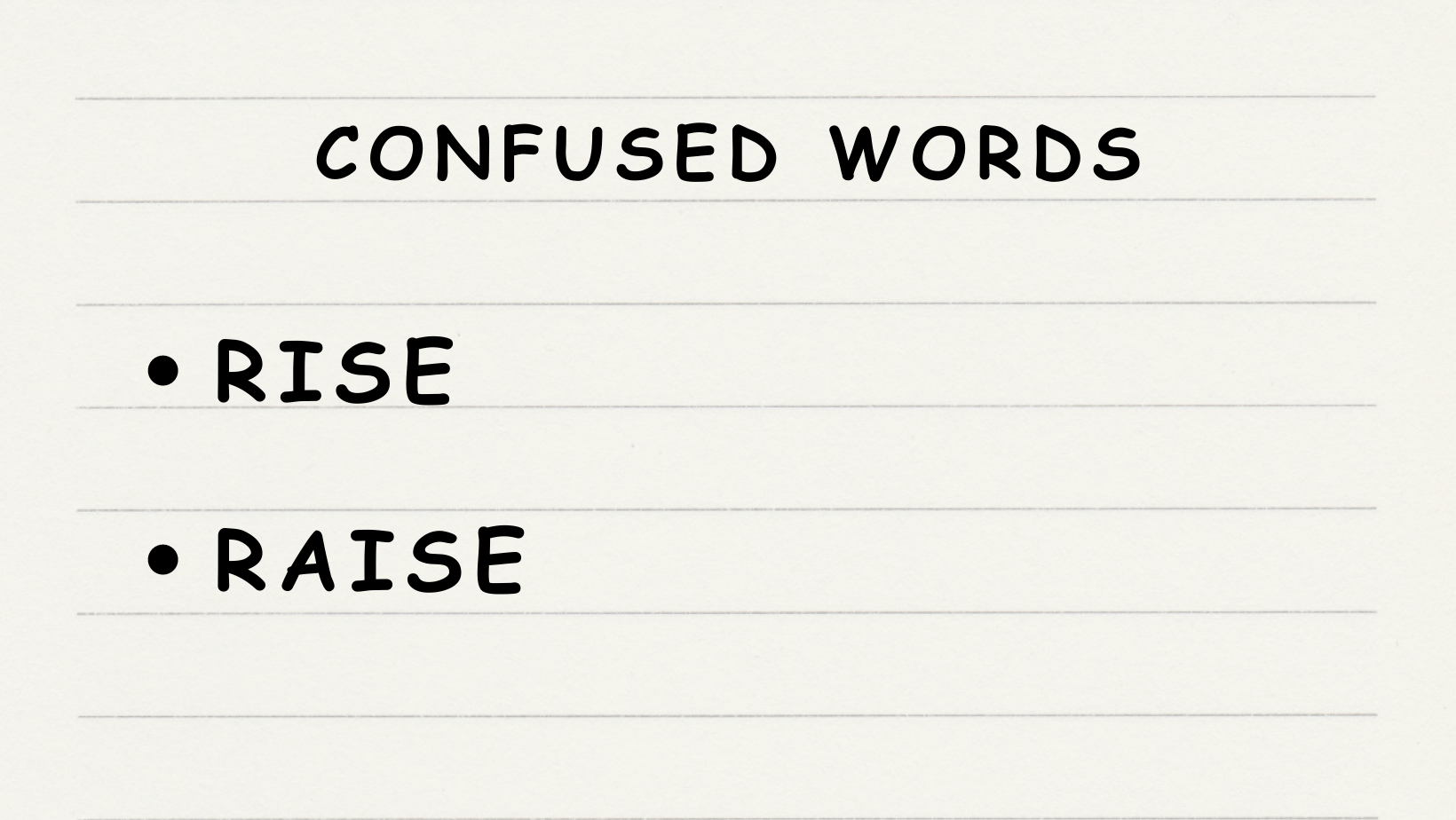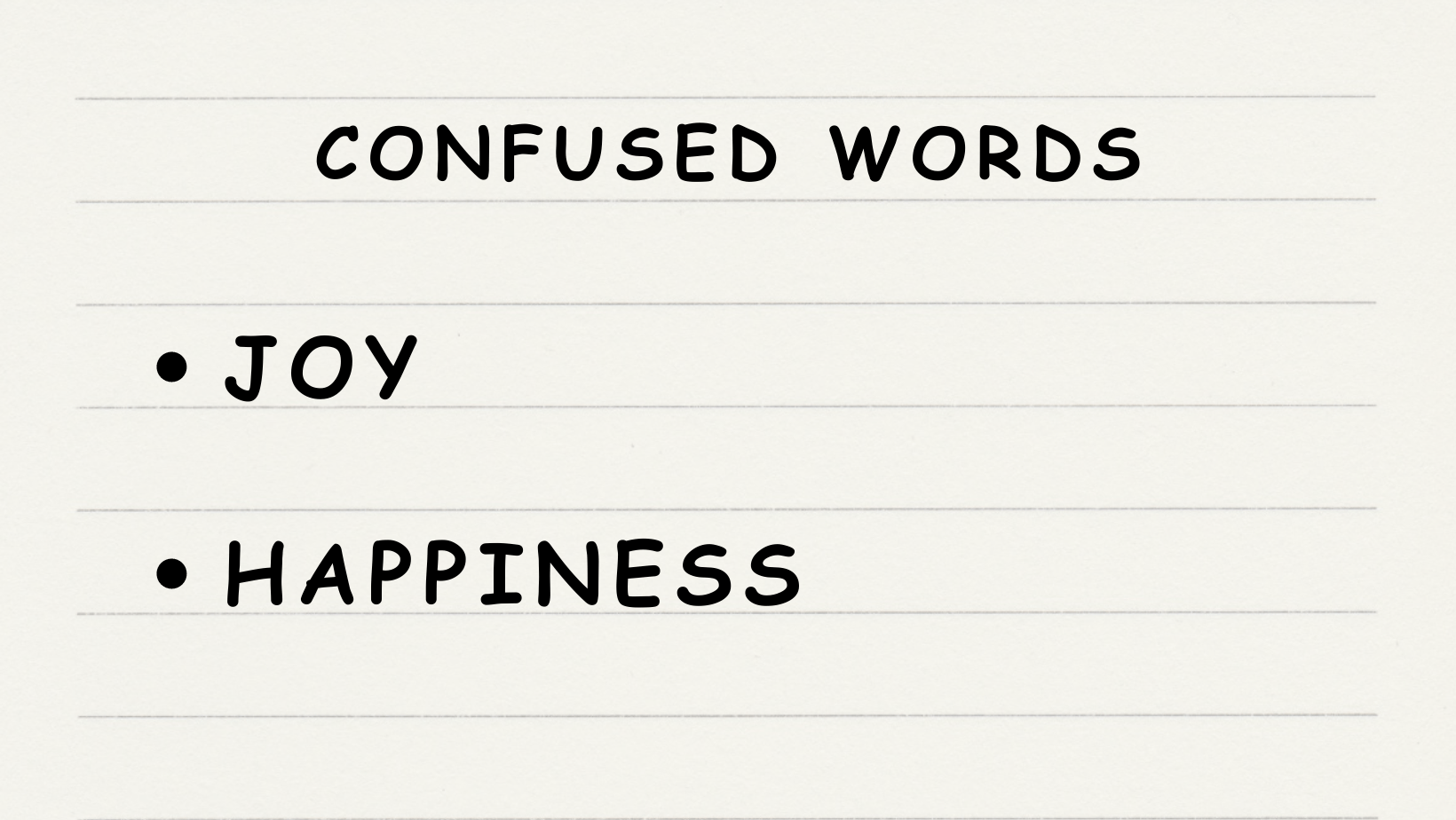
Hello, students! Today’s exciting English lesson is about differentiating the often mixed-up words: smart, clever, and intelligent. These words all have to do with brainpower, but their usage varies. Let’s delve in!
Smart
Smart (IPA: /smɑːrt/) refers to someone who is quick in thought, can learn quickly and can make good decisions.
Here are 10 examples:
- She’s a smart student and always scores well in her exams. (She learns quickly and makes good decisions in her answers)
- He bought a smart car that consumes less fuel. (The car has a design that makes good decisions about fuel consumption)
- The smart boy found a shortcut to school. (The boy quickly thought of a new route)
- She’s wearing a smart dress today. (She’s wearing a dress that’s stylish and shows good decision making)
- I’ve invested in some smart technology for my home. (The technology can learn quickly and make good decisions)
- The smart entrepreneur started her business at the right time. (The entrepreneur made a good decision about when to start her business)
- My smart phone helps me organise my day. (My phone has the ability to quickly process and help in managing tasks)
- He’s a smart negotiator. (He’s quick in thought during negotiations)
- You need to make a smart choice now. (You need to make a good and quick decision now)
- That’s a smart idea for solving the problem. (That’s a quick and good thought to solve the problem)
Clever
Clever (IPA: /ˈklɛvər/) often suggests originality, inventiveness, or resourcefulness.
Here are 10 examples:
- She came up with a clever solution to the math problem. (She thought of an original solution)
- That was a clever trick to get the job done. (The trick was inventive)
- He’s a clever inventor, always thinking of new ideas. (The inventor is original and inventive)
- The clever fox escaped the trap. (The fox used its resourcefulness to escape)
- She made a clever remark that made everyone laugh. (The remark was original and witty)
- The clever design of the machine saves a lot of energy. (The design is inventive and resourceful)
- He’s known for his clever wordplay in his writing. (His wordplay is original and creative)
- The clever student found a unique way to present her project. (The student was inventive in her presentation style)
- It was a clever marketing strategy that boosted sales. (The strategy was resourceful and original)
- The clever device can do multiple tasks at once. (The device is resourcefully designed)
Intelligent
Intelligent (IPA: /ɪnˈtɛlɪdʒənt/) is a more formal or scientific term for what might be described as ‘braininess’.
Here are 10 examples:
- She is an intelligent woman with a PhD in Physics. (She is brainy and has deep understanding in Physics)
- He asked some very intelligent questions during the lecture. (He asked deep and thoughtful questions)
- The article was written in an intelligent manner. (The article was written in a thoughtful and sophisticated way)
- We had an intelligent conversation about philosophy. (We had a deep and thoughtful discussion)
- Dolphins are known to be very intelligent creatures. (Dolphins have a high level of braininess)
- The intelligent system can learn from its mistakes. (The system can process information deeply and learn)
- She gave an intelligent analysis of the situation. (She gave a deep and insightful analysis)
- The intelligent device can adapt to its user’s needs. (The device can process information deeply and adapt)
- He’s one of the most intelligent students in the class. (He is one of the brainiest students)
- The book provides an intelligent critique of the theory. (The book provides a thoughtful and deep critique)
Conclusion
In conclusion, smart often relates to quick thinking and good decisions, clever implies originality and inventiveness, while intelligent suggests deep understanding and thoughtfulness. All these words are compliments, but understanding their nuances can make your English more precise!


